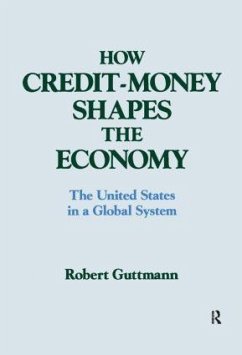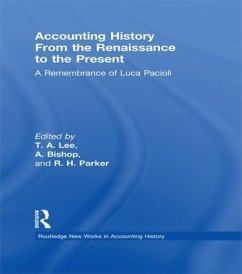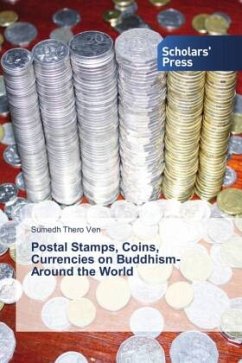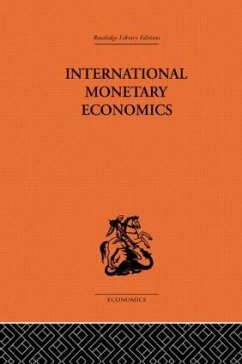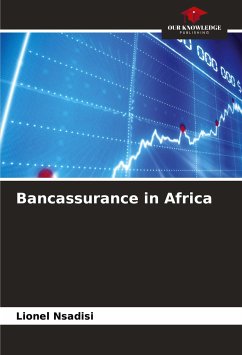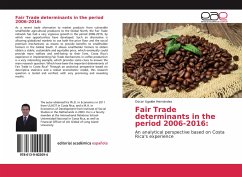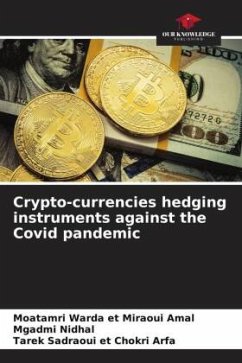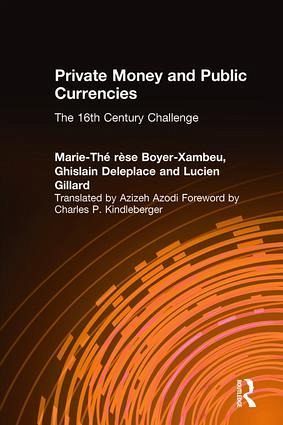
Private Money and Public Currencies
The Sixteenth Century Challenge: The Sixteenth Century Challenge
Versandkostenfrei!
Versandfertig in 6-10 Tagen
44,99 €
inkl. MwSt.

PAYBACK Punkte
22 °P sammeln!
First Published in 1994. Writing as a unified team, the authors, three French economists-they insist they are economists, not economic historians, though they are steeped in the monetary, financial, economic, social, and political history of Europe in the sixteenth century-have written a fascinating account of the development of means of payment at the end of the Renaissance and the beginning of the modern period. The account is limited for the most part to what they call "Latin Christianity"-primarily France, Italy, and Spain. It describes both the development of an integrated circuit of intr...
First Published in 1994. Writing as a unified team, the authors, three French economists-they insist they are economists, not economic historians, though they are steeped in the monetary, financial, economic, social, and political history of Europe in the sixteenth century-have written a fascinating account of the development of means of payment at the end of the Renaissance and the beginning of the modern period. The account is limited for the most part to what they call "Latin Christianity"-primarily France, Italy, and Spain. It describes both the development of an integrated circuit of intra-European payments by means of bills of exchange negotiated at trade and payment fairs and the emergence of national systems of money of account and metallic coins at the hands of the monarchs of the emerging state system.





